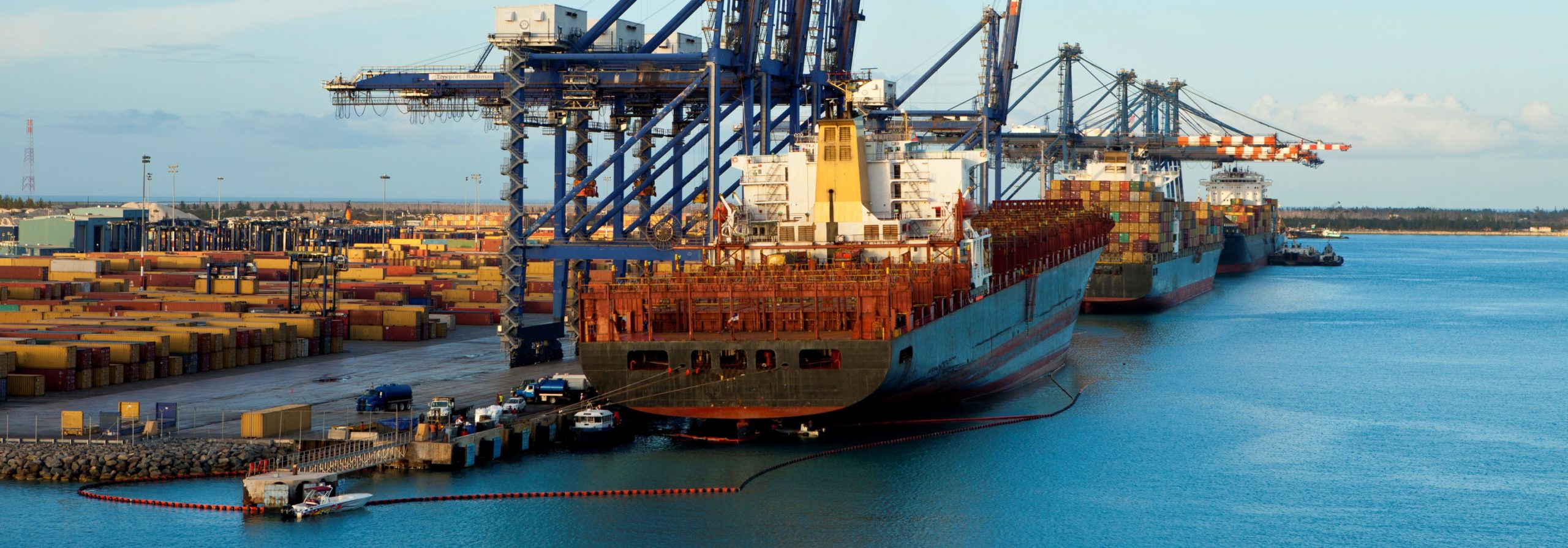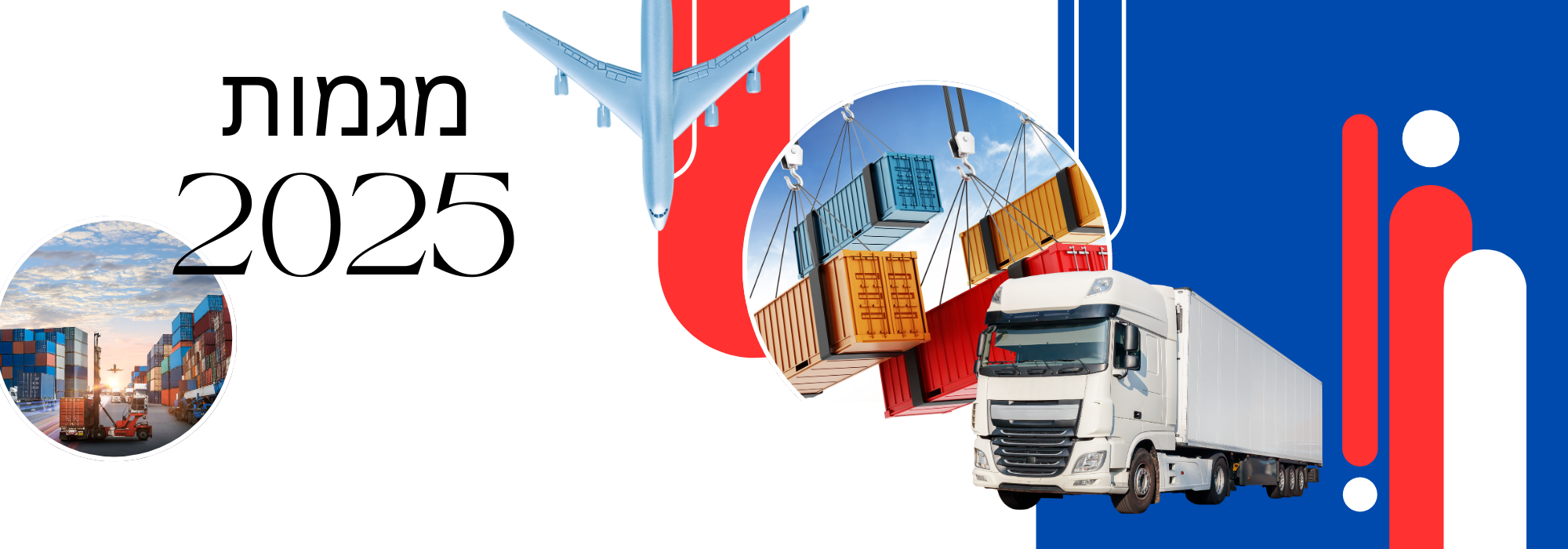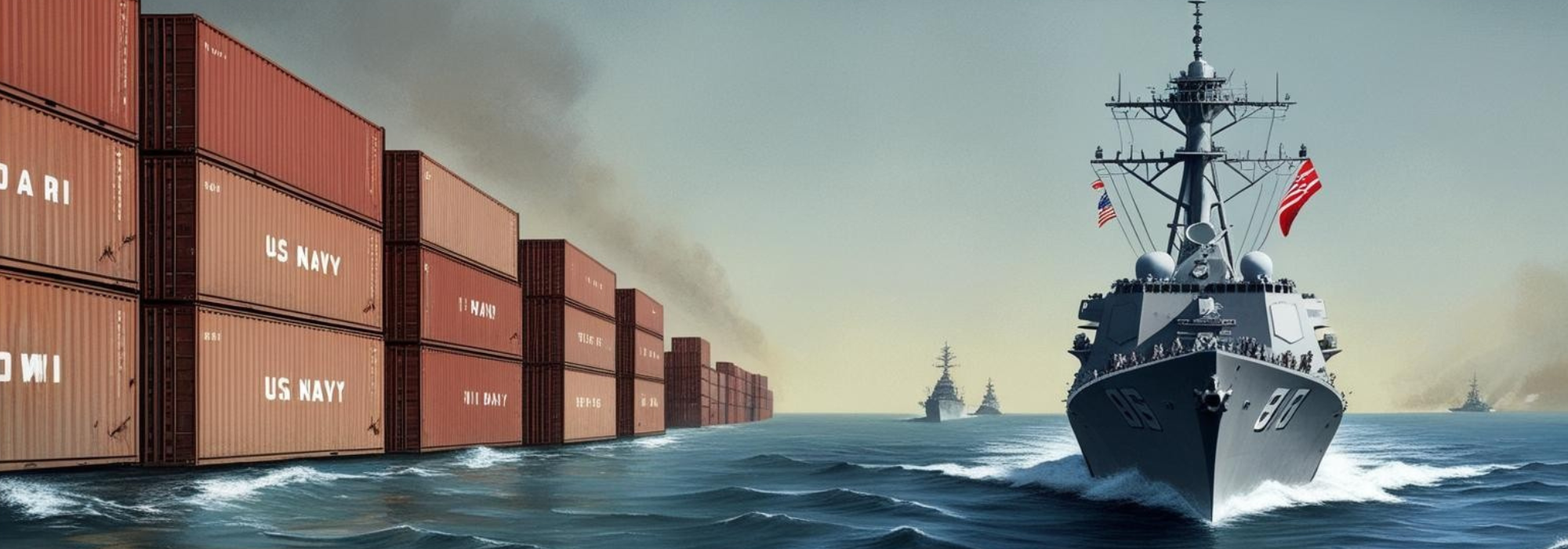In the field of international trade, customs brokerage is a critical process that requires a deep understanding of laws, regulations, and regulatory frameworks in every country where trade activities occur. Customs brokers must navigate complex and varied regulatory systems designed to ensure that imports and exports are conducted legally and safely. The issue of taxation in customs brokerage adds another layer of complexity, as customs duties, VAT, and other taxes can vary from country to country and are subject to frequent changes in policy.
This article will discuss the importance of understanding regulations and taxation in customs brokerage and offer practical ways to avoid fines, delays, and trade barriers that could harm your business.
1. The Importance of Understanding International Regulation
Every country manages its trade policy independently, making it essential to understand the regulatory requirements of each country where import or export activities take place. These regulations may include requirements regarding documentation, quality standards, product safety, labeling, packaging, and more. Failure to comply with these requirements can lead to delays in the release of goods, fines, and even the seizure of products.
For example, the European Union has strict regulations regarding the import of products, particularly in areas such as food, pharmaceuticals, and medical equipment. Non-compliance with these requirements can lead to significant delays and additional costs.
To avoid these issues, it is important to work with a customs broker who is familiar with local regulations and can provide professional advice to ensure that products meet regulatory requirements.
2. Aligning Documents and Documentation with Legal Requirements
One of the most common reasons for delays and problems in customs brokerage is incorrect or missing documentation. Each country requires a different set of documents for the release of goods from customs, and the customs broker must ensure that all necessary documents are submitted in full and accurately.
Key documents include commercial invoices, certificates of origin, import licenses, and more. These documents must contain all the required information, such as a precise description of the products, their value, and information about the importer and exporter. Failure to submit the required documents correctly can result in delays in the process or fines.
Using automated document management systems can help customs brokers ensure that all documents are submitted correctly and reduce the risk of errors.
3. Taxation and Tariffs: Proper Cost Management
In addition to regulation, it is crucial to understand the taxation systems of different countries. Customs duties, VAT, and other taxes may vary depending on the type of product, country of origin, and other parameters. A deep understanding of these systems can help manage costs and avoid unnecessary payments.
For example, there may be differences in customs tariffs for different products imported from the same country, depending on their classification within the customs system. Incorrect classification of a product can lead to overpayment of taxes or penalties if it is found that the product was misclassified to reduce costs.
Experienced customs brokers use advanced classification systems and up-to-date databases to ensure that products are correctly classified and that all taxes are paid according to the law. Additionally, they can recommend options for reducing taxes through international trade agreements.
4. Utilizing International Trade Agreements
International trade agreements, such as the Free Trade Agreement between the European Union and Israel, can be an essential tool for reducing customs costs and facilitating international trade. These agreements provide certain benefits, such as reduced or eliminated customs tariffs, for products imported or exported between the signatory countries.
To take advantage of these benefits, it is necessary to ensure that the products meet the rules of origin requirements set out in the agreement. A customs broker familiar with the relevant agreements can guide importers and exporters and ensure that they benefit from the available advantages.
For example, importing products from countries that have signed a free trade agreement with Israel can entitle the importer to reduced or eliminated customs tariffs, provided that the product meets the agreement’s conditions.
5. Avoiding Trade Barriers and Managing Sanctions
Trade barriers can include import restrictions, quotas, delays in the customs release process, or other local protectionist measures implemented by governments to protect domestic industries. Economic sanctions, imposed by countries or international bodies on specific countries, can also create significant trade issues.
Customs brokers need to stay updated on changes in international trade policy and sanctions imposed on specific countries or products to prevent delays and additional sanctions on the importer or exporter. Working with an up-to-date information system and continuous monitoring of market and regulatory conditions is critical for risk management and ensuring compliance.
6. Adapting Automated Processes to Regulatory Needs
One of the most effective tools for managing regulation and taxation in customs brokerage is the use of automated processes and advanced information systems. These systems allow for real-time monitoring of regulatory changes, accurate product classification, and efficient management of documentation and records.
Automated systems can alert potential problems, perform accurate tax calculations, and ensure compliance with legal requirements at every stage of the customs clearance process. Additionally, they enable full transparency in the process, reducing the risk of fines and delays.
Conclusion
Managing regulation and taxation in customs brokerage is a complex process that requires professional knowledge, constant updates, and the use of advanced technological tools. By thoroughly understanding the regulatory and tax requirements in each country, adapting documentation to local needs, and taking advantage of international trade agreements, it is possible to avoid fines, comply with the law, and ensure that goods are released from customs smoothly and quickly.
Customs brokers who succeed in staying updated and adapting to regulatory changes can provide significant added value to their clients, reduce risks, and improve business performance.



















